

Artificial Intelligence Saving lives in Cardiology?
Over the last couple of months, we’ve explored how AI is or will be applied in a wide range of medical markets, from ophthalmology to dentistry to Wound Care and some have started to realise the potential of AI whilst others are still just working it out.
In cardiology however, there is a problem which AI can, and will, help with immediately – Atrial Fibrillation (AF).
AF is, essentially, an irregular heartbeat which occurs in sporadic ‘episodes’ and is estimated to affect tens of millions of people around the world. On their own these episodes may not cause immediate damage, but they can be indicative of a more serious problem; the condition is one of the leading causes of strokes and comes with an increased risk of heart failure and dementia.
The problem with these episodes is that a patient doesn’t have access to their cardiologist during the event. This means they’re telling their physician what happens afterwards, leading to a lack of quality information, virtually no data and ultimately slower diagnoses and less effective treatment.
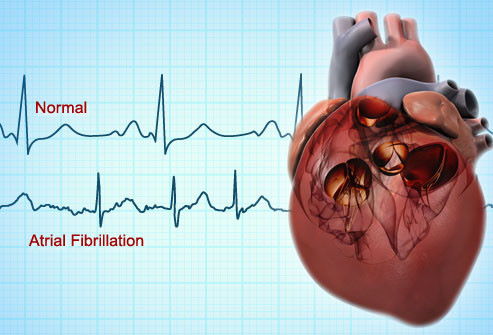
What Can Artificial Intelligence Do?
AI, or machine learning, gives us is the ability to track, store, process and interpret data. Huge quantities of it. Today’s deep learning algorithms can analyse this data and gain insights through identifying patterns, or irregularities in the case of AF.
To return to the problem at hand then, the issue is a physician’s access to accurate or real time data. Even when in the doctor’s office, an electrocardiogram is needed to truly identify the irregularities and therefore the condition, that is unless the patient experiences an episode there and then, or the condition is more advances.
This is where mobile ECGs made a splash a couple of years ago. The latest Apple Watch, launched in 2018 (and written about by my colleague Ben here) integrated ECG technology into the body of the watch, meaning the wearer could potentially identify, or monitor, AF through their smartphone.
One company that creates exactly that technology is AliveCor. They’ve created a device which works with the Apple Watch, as well as their own, separate sensor which works with a smartphone through their innovative, AI-enabled platform, KardiaMobile.
“The cornerstone of AliveCor’s technology is its ability to detect abnormal heart rhythms such as Atrial Fibrillation… Using AI, AliveCor is able to read a patient’s ECG and determine in seconds whether a heart rhythm is abnormal and requires attention from a physician.”
They’re the words of AliveCor’s VP International, Stefan Holzer. He’s really excited about the impact their product is having and the potential for data and AI to literally save lives as “the data provided from advanced AI tools will enable timely, life saving diagnosis when it otherwise would not have been possible”.
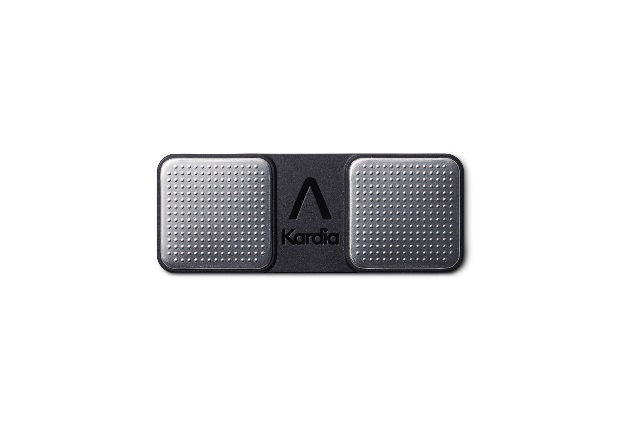
Moving into Treatment
The ability to track and monitor a patient’s heart just using a smartphone app and tiny device is amazing. But what about if we could go one step further, and integrate AI into the treatment of cardiac illnesses?
That’s a direction that another company, Stereotaxis, are heading. They too are dedicated to treating Cardiac Arrythmias but through the creation of innovative robotic technologies which aid with conducting endovascular procedures.
They’ve devised a system called Robotic Magnetic Navigation to carry out cardiac ablation procedures. That involves using a catheter to “scar or destroy tissue in your heart that's allowing incorrect electrical signals to cause an abnormal heart rhythm” according to the Mayo Clinic.
In it’s traditional form, performing this procedure was no easy task. This is a summary lifted straight from Stereotaxis’ website, saying:
“In traditional cardiac ablation procedures, a physician manually manipulates a catheter by hand. Controlling the catheter tip by holding on to the opposite end (three feet away!) while trying to perform precise movements within the delicate heart isn’t easy. The challenge could be compared to signing your name while holding a long pencil by its eraser”.
Stereotaxis’ new technology makes things a lot easier for physicians, (read more about Robotic Magnetic Naviagtion on their website) but what’s it got to do with AI? I asked their VP Sales & Marketing, Steffen Wuttke, the question and he spoke about the fascinating prospect of having the robot carry out the work.
“At Stereotaxis we are working towards automation: in the future our robot should be ´smart’ enough to perform an ablation procedure automatically under full supervision of the physician”. This vision would see robots taking over the difficult, time consuming and repetitive procedures carried out by physicians today."
Steffen went on to say that in addition to this, the intelligence of these machines could see them making suggestions, too:
“I see the future of AI in the automatic processing of an increasing amount of data. This could be to make suggestions further down a decision tree or to take away the rather monotonous, repetitive and boring work from humans – so humans can focus more on the work that requires ´natural intelligence´, like developing the right strategy and choosing the right approach for execution.”
Automated, AI enabled heart surgery really does sound like something from the future.
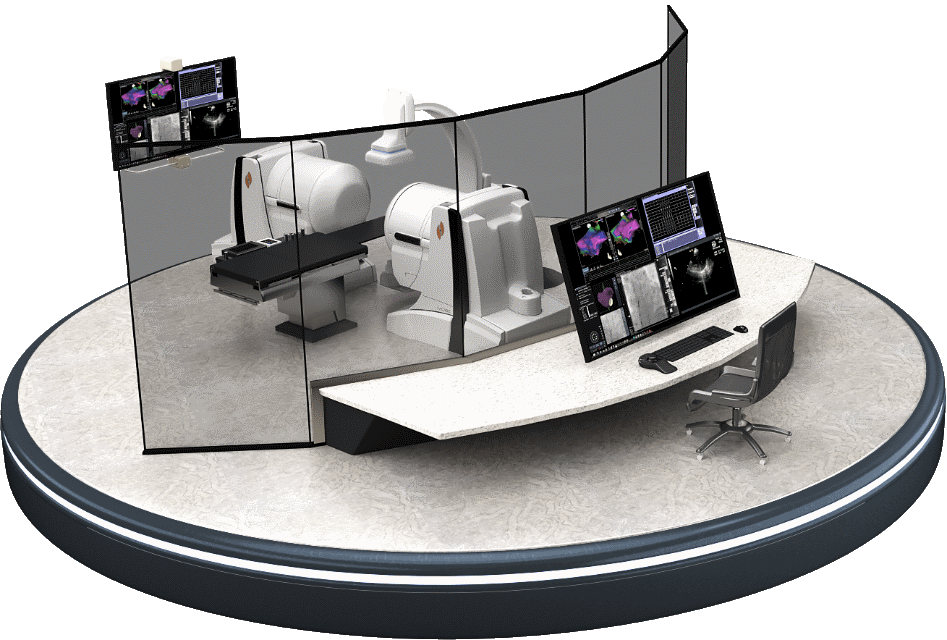
What Next?
But let’s not stop there! In an age where we are so voraciously and constantly searching for progress, it’s natural that as soon as we see a concept for something (such as Stefan’s vision for automated procedures) we’re instantly looking ahead, searching for the next big breakthrough or advancement.
I also asked Stefan from AliveCor what he thought the big picture potential is for AI in healthcare. His response? That it is “limitless” and that a particular area of potential is the overhaul of the diagnostic process” where “physicians will no longer have to attempt to diagnose a patient without contextual medical data to help”.
That data will likely be brought into the hands of the physicians in the doctor’s office or the OR by the likes of AliveCor, Stereotaxis and their competitors. However, as we continue to look to the future, even though there’s a gap in the cardiology space for this technology today, it’s apparent that we’re still only just grasping what could be possible in future.
Recommended.
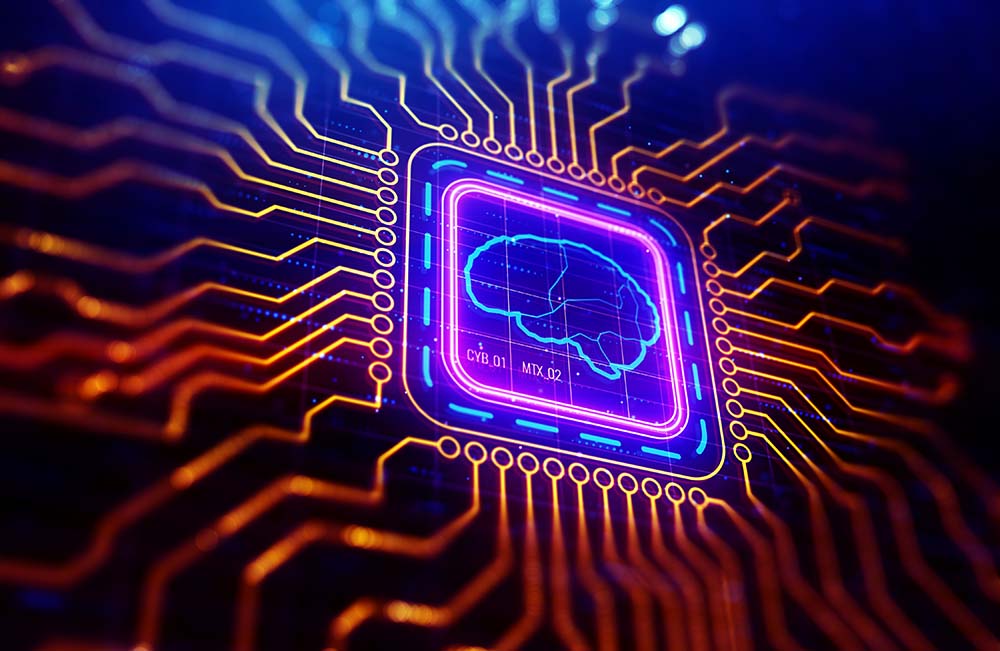
What Does Consumer Neurotech Innovation Mean for the Medical Device Industry?
Integrating systems into the human brain to control our everyday devices may seem very ‘Black Mirror’, but thanks to modern neurotechnology it's quickly becoming reality. Click to find out more.

How to Master Reimbursement in Medical Devices & Biotech.
In this live webinar, hosted by CM Medical, we went in search of expert reimbursement advice - speaking to Deborah Rizzi and Steven Haken of Odelle Technology.
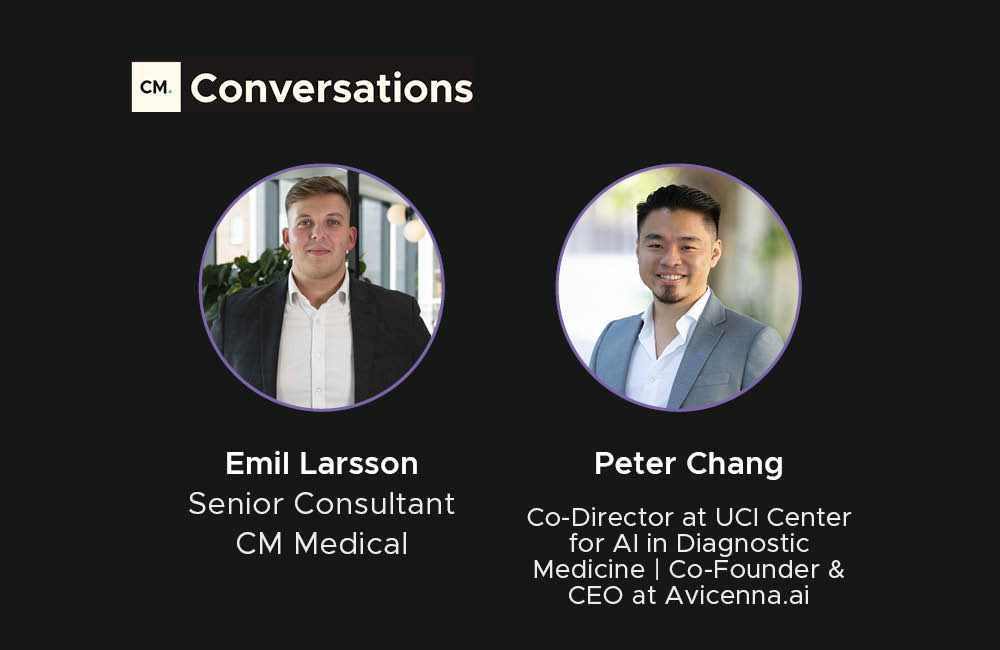
How to Stand Out in a Saturated AI & Medical Imaging Market.
We asked an expert at an innovative medical imaging start-up about how they had overcome this challenge. Click now and listen to what they said.
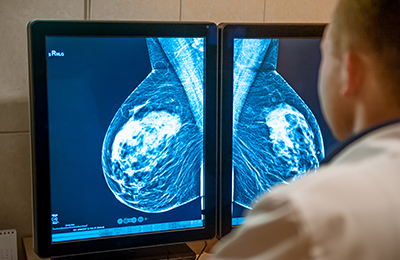
Comments.